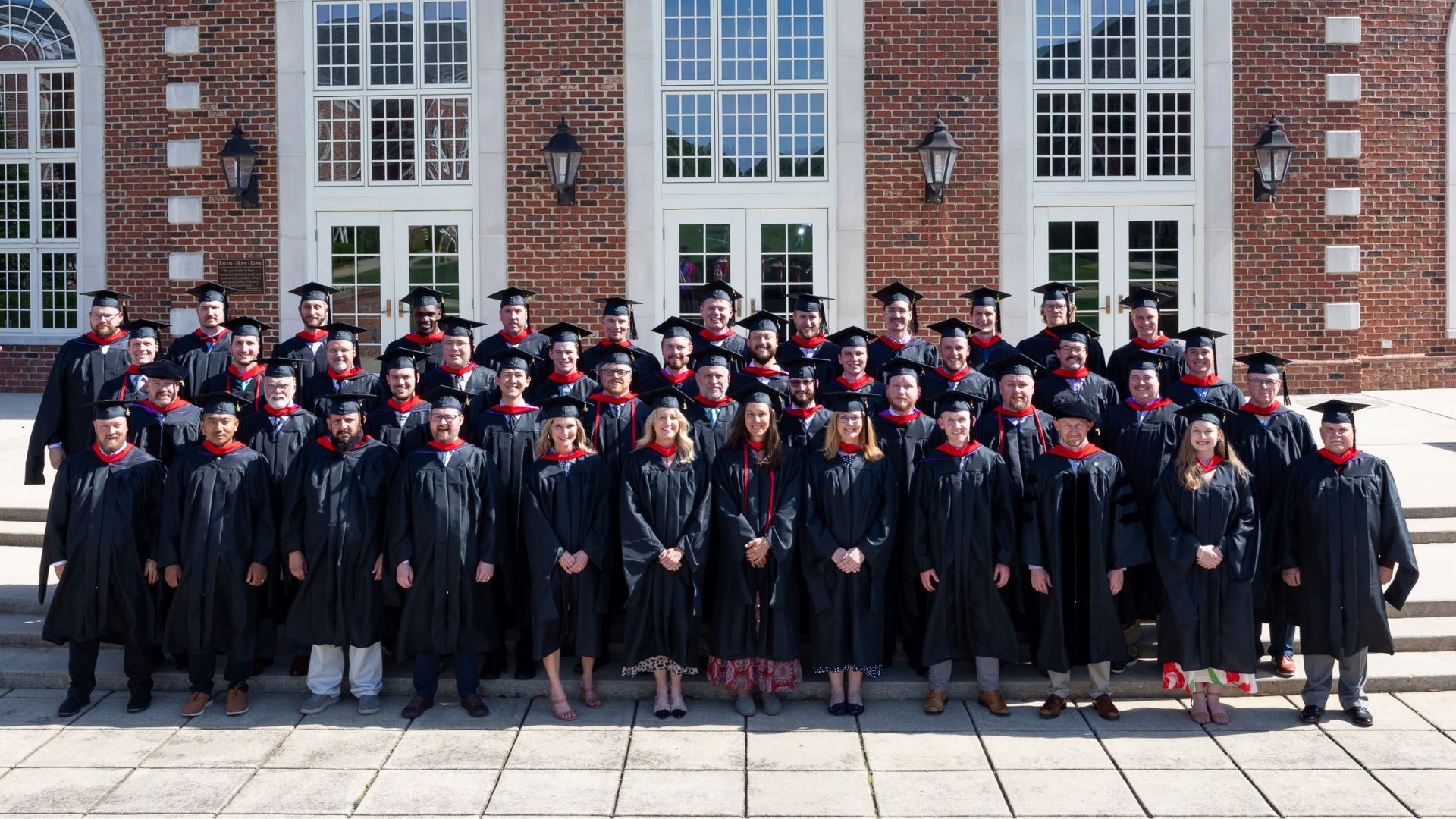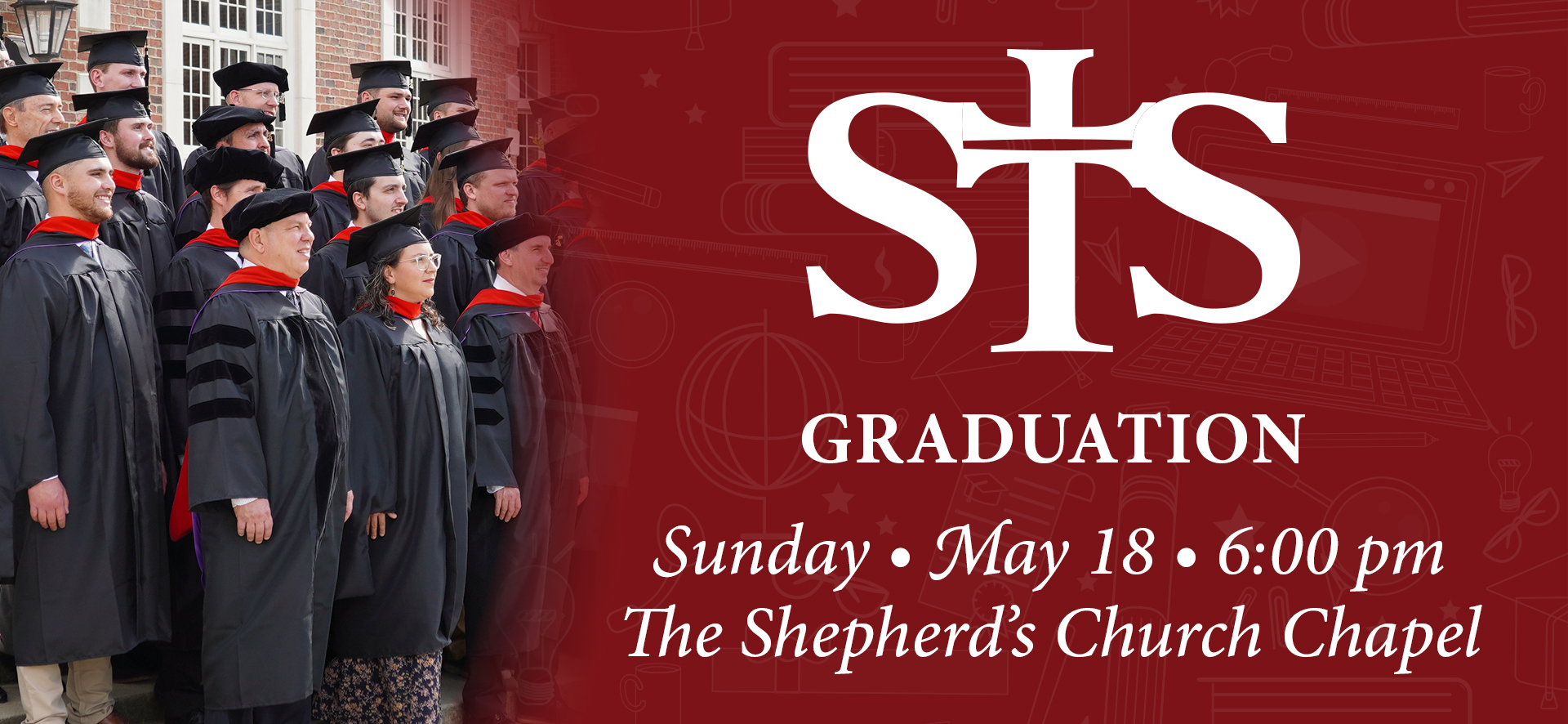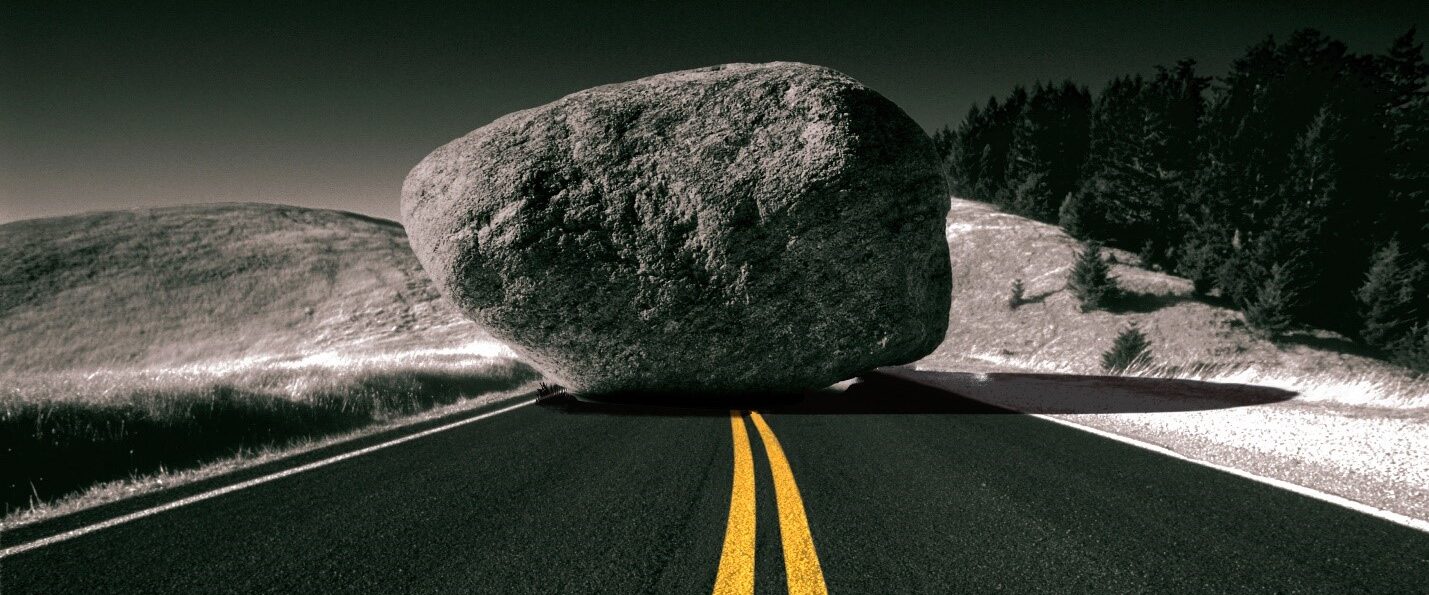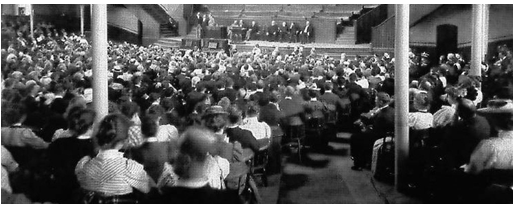My name is Kate Dreesen. I am enrolled at the Cary, NC campus of Shepherds Theological Seminary, pursuing a Master of Christian Ministry. My hope is to serve in a local church alongside my husband, and I am interested in leading women’s and girls’ Bible studies and teaching our future children about the Bible.
One of the most memorable stops today on our Israel tour was at a location called Muhraka, which is a peak in the Mount Carmel range overlooking the Jezreel Valley. This particular spot is the site where Elijah challenged the prophets of Baal. Though pinpointing the exact location where this took place is uncertain, we were fairly confident that we were standing at (or very near) the site where this showdown occurred. The location matches the Bible’s description, and the Arabic name “Muhraka” means “Scorched Place.”
Standing on the windy overlook at Muhraka, we had a perfect view of the whole Jezreel Valley on one side and the Mediterranean Sea on the other. In 1 Kings 18, Elijah challenged the prophets of Baal to prove their god’s existence with a sacrifice. He chose Mt. Carmel as the location because it had special significance to the Baal worshippers, giving them home field advantage, as it were. Elijah surrounded his sacrifice with water, likely carried from the nearby Mediterranean by donkeys. After Yahweh defeated the false prophets of Baal, Elijah walked them down into the Jezreel Valley and had them killed at the Kishon River, which was also visible from our overlook.
Our tour group had the privilege of hearing this particular account read to us while looking out over the Jezreel from Muhraka. Hearing the words and seeing the actual place where it happened was surreal. I always had a picture of the setting in my head as I read this story, but now I have a better understanding of what it actually looks like. It used to be a challenge for me to understand the scale of places and features in Israel. But now I can picture the Jezreel Valley, the Sea, the Kishon, and the towns and hills across the Valley that give character to the geography of biblical events.
It is already becoming clear how this is preparing me for ministry. I can much more accurately explain what is taking place in events such as this, and I can more easily grasp the significance of Muhraka in this Old Testament story. Visiting Muhraka allows me to have added detail when I teach the story of 1 Kings 18. I can better imagine how Elijah would have transported all the water to the sacrifice point, and can see him and the 450 prophets of Baal marching down the slope to the prophets’ doom at the Kishon River. I can also see Elijah outrunning Ahab’s chariot across the Valley to the palace of Jezreel. All of this information and visual perspective helps to color my understanding of God’s Word.
One of the main spiritual impacts of this visit is how it brings this story to life in my mind. There is something about seeing the place with my own eyes that helps me to perceive the events more clearly as they are recorded in the Bible. Before, I could read about Elijah, look up a picture of Mt. Carmel, find a scale on a map and measure the distance across the Jezreel Valley, and even get someone to explain it to me, but it was not the same as seeing it for myself. Though I cannot do complete justice in explaining the setting to someone else—as in my case, it is more beneficial if they visit themselves—I can do a better job of it now than before, and personally, my understanding has grown incredibly.
The most exciting part of the day was looking at the Mediterranean and picturing Elijah bringing water from there up the slopes of Muhraka, seeing him mock the prophets and call on the name of the Lord with all of them gathered on the mount, and especially thinking of Elijah sprinting all the way across the valley to the town of Jezreel, empowered by God’s Spirit to outpace Ahab’s Chariot. Today’s tour will have a lasting impact on the way I read and teach the Bible.








